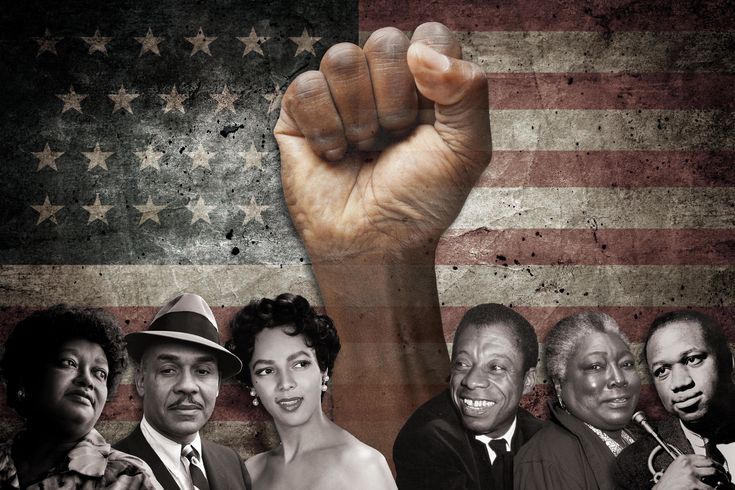The celebrations of Black History Month give us the chance to be aware of the resilience and accomplishments of a lot of historical figures. It is a time to rejoice in those who dared to break the systemic and generational barriers and make a better way for the future of Black America, even the entire humanity, regardless of race. There are many who are worthy of this bravery and celebration, including Rosa Parks, Dr. Martin Luther King Jr., Ida B. Wells, Ruby Bridges, and Harriet Tubman, among many others.
Fighting racial injustice revolves around giving time to educate ourselves as well as others around us regarding its origin and impact on racialized communities. Understanding racial issues is the building block to becoming an active ally. You can read about it by reading books, such as Tom Jones black history matter. For the time being, we suggest you read below to understand the main reasons why reading about black history can help against racial injustice.
Six Major Reasons Why Learning About Black History Can Help
1. Recognizing Black Community’s Contributions To Entire World History
African Americans have made uncountable important contributions to the history of literature, art, science, politics, music, technology, medicine, business, agriculture, sports, and education. Formal efforts to celebrate Black achievements started with historian Carter G. Woodson, who initiated Negro Douglass. The celebration of Negro History Week soon expanded into Black History Month in the 1970s. Most importantly, the Black Freedom Movement (as many scholars prefer to call it) has challenged and expanded the concept of what it means to be a citizen from the American Revolution to the 21st century. A lot of human rights activists from around the globe have also been inspired by African American protest movements. Being aware of Black history will eventually help us recognize the contributions these people have made to the world.
2. Confronting Racism And Discrimination
Knowing about Black history will help us become more mindful of the efforts of the Black people throughout the times. For instance, we get to learn about a lot of things, such as:
- How the Black representatives in South Carolina built public schools after the Civil War
- The struggles of Black veterans who returned home after combating fascism in World War II
- Or how the federal government re-divided the cities through urban renewal programs
And a lot of other important information. Even schools were re-segregated; such sort of information will help us comprehend and confront systematic discrimination and racism. We have learned from Black history that racism is a lot more complicated than we think it to be.
3. Inspiring Generations Of Activists
African American history is filled with numerous stories of determination, bravery, and intricacies from the transatlantic slave trade to the present. These stories have encouraged both Black and non-black activists to stand against the status quo and raise their voices for change. Be it the desegregation of lunch counters, the abolition of slavery, or putting an end to the systemic racism in law enforcement, education, and social welfare agencies, and the uneven effect of environmental pollution.
4. Developing An In-Depth Understanding Of The Mosaic Of American And World History
A lot of people around the world, even in this day and age, fail to understand how African American history is woven throughout the world as well as American history. Understanding that history forces students to expand their understanding of historical events, trends, as well as cultural and social movements, and even medical and scientific developments.
5. Promoting Critical Thinking
Despite a student’s major or interest, the study of African American history motivates the development of critical thinking. The segregation wall at Morgan serves to be a perfect example. The wall wasn’t unique. It was part of a long history in Baltimore City and in different American cities of erecting social and physical barriers to restrict Black movement and freedom. With the passage of time, the barrier became an agreed part of the neighborhood’s geography. How many other physical marketers and social practices of racial apartheid do we tread daily uncritically or unknowingly accept as the manner life has always been?
6. Encouraging Better Citizenship
Lastly, African American history is significant as it motivates better citizenship. It focuses on the ties that hold communities, individuals, and generations together. It highlights the struggles to broaden and redefine constitutional and human rights for both non-black and black people. All through American history, students can put their foot down about connecting Indigenous American resistance, antislavery activists, feminism, the labor movement, civil rights activism, environmental justice, and peace activism.
Summing It All Up!
This was it! There is a lot more that individuals can learn about Tom Jones black lives matter that can help them put an end to the racial injustice that has been going on for many generations now. It is a grave matter that requires attention as much as any other crucial topic would. So, we must learn more about it and encourage the people we connect with to do the same. Trust us; it would help the entire human community in the long run.


